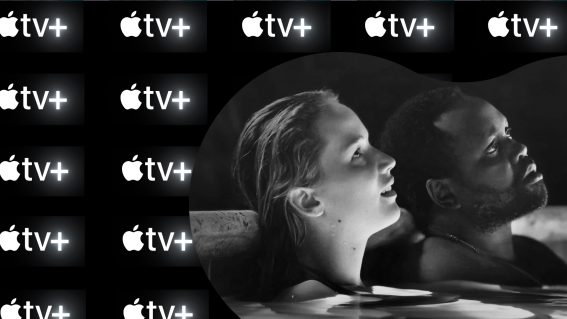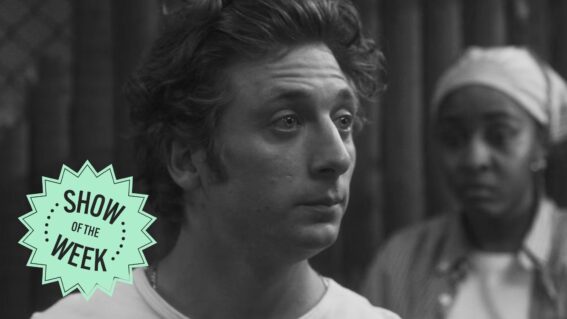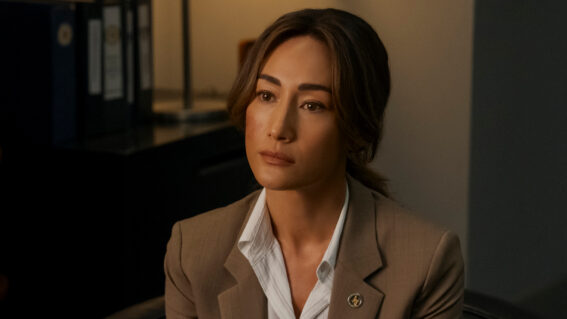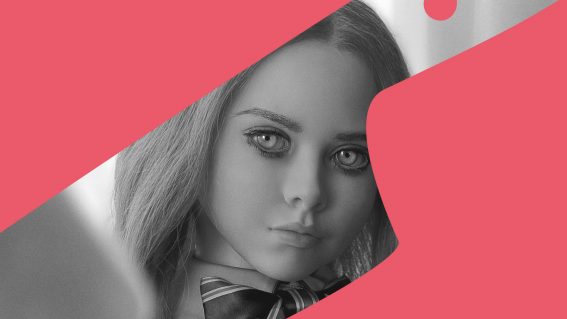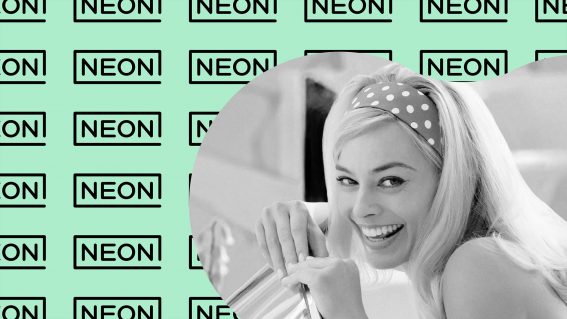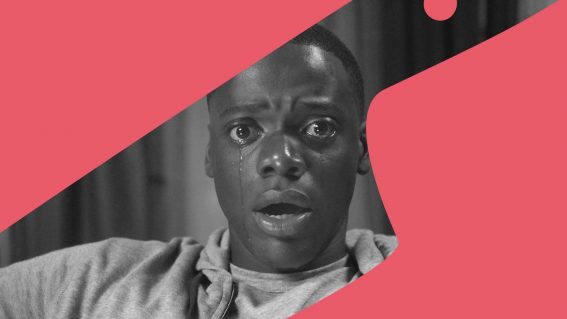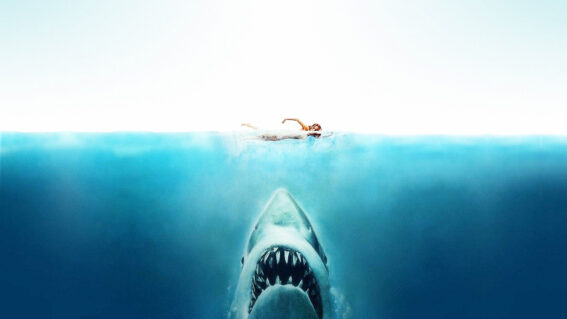Star and director of Grafted share local horror’s gory details
“Everyone was able to be gory and gritty and gross and angry and wild.”
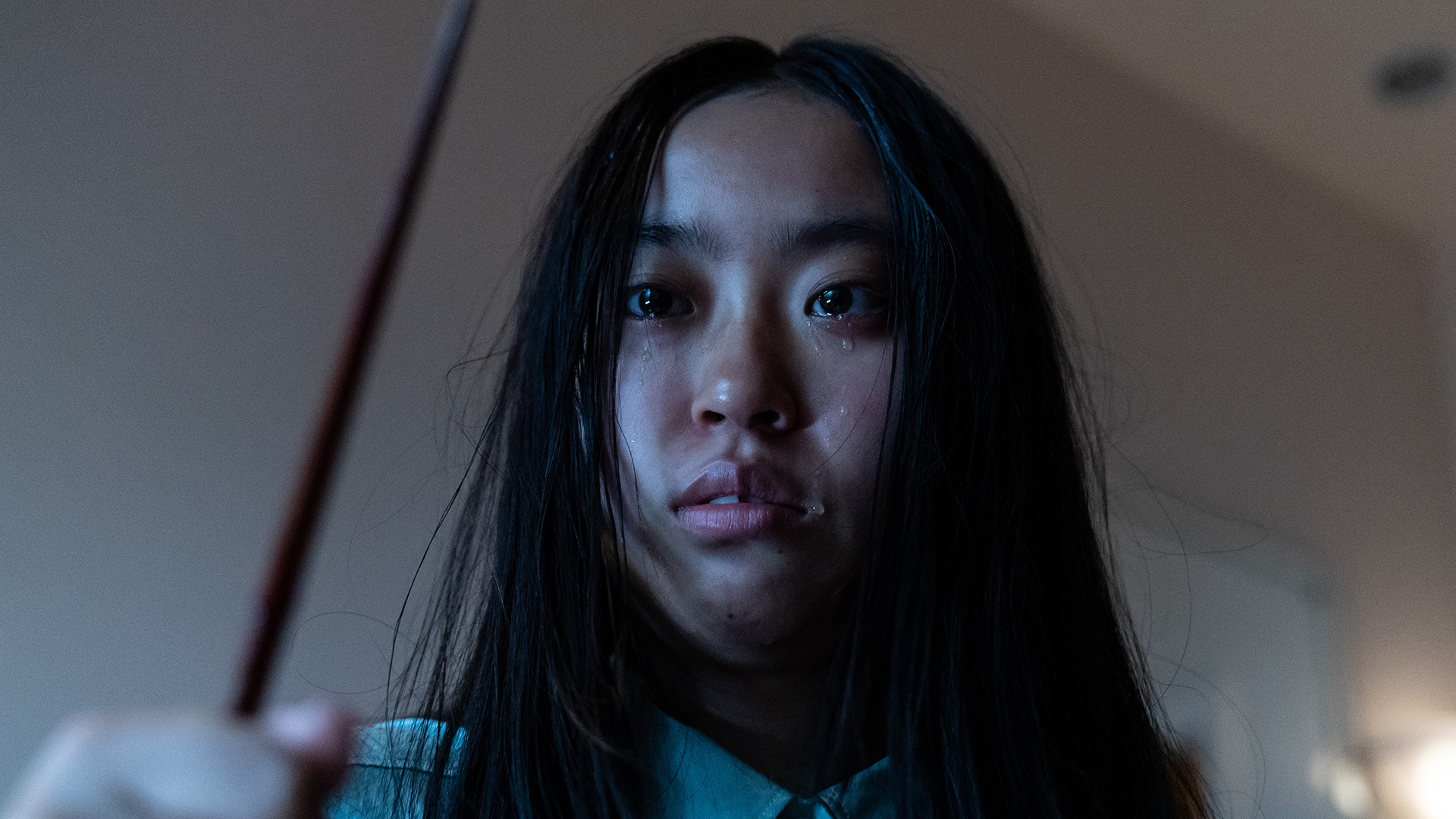
A new horror from Aotearoa follows a medical student whose quest for belonging – and talent for scientific experimentation – take things in a gruesome direction. Steve Newall spoke Grafted’s lead actor Joyena Sun and director Sasha Rainbow.
Celebrating its world premiere recently at this year’s Whānau Mārama: New Zealand International Film Festival, Grafted is a teen mad scientist tale that’s not afraid to get its hands dirty… or dripping with blood. Beginning with a shocking prologue, the film wastes little time establishing its enthusiasm for onscreen ick—and audiences reacted just how the filmmakers would have wanted.
As star Joyena Sun, who plays the talented but troubled Wei, recalls, no one was expecting it. “It’s so gory, the audience’s reaction was just so many disgusted gasps everywhere,” Sun tells us. “I loved feeling the energy in the room, everyone reacting to it, and my friends closing their eyes, stuff like that. When we get a good reaction, you feel the energy, and it’s just so wonderful.”
For director Sasha Rainbow—like Sun, making her feature film debut—additional satisfaction came from audiences not expecting the film’s comedic and satirical elements. “It was really great to hear that there’d be gasps and then laughs,” Rainbow says. The director’s really, really pleased about that, I’m told: “Because it’s definitely a hybrid film. It’s not straight horror, you know.”
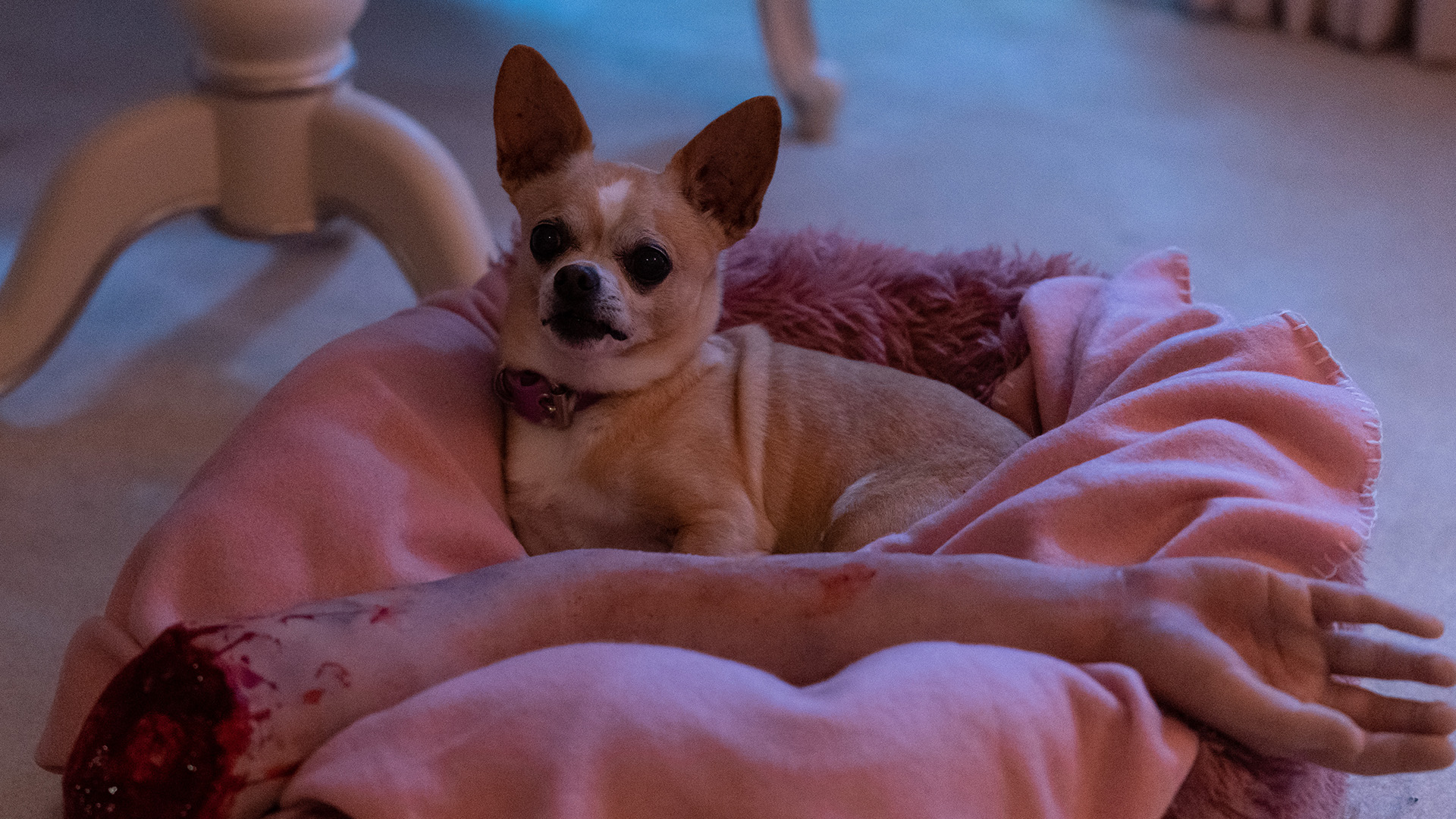
The NZIFF programme did bill the pic as “Mean Girls meets Face/Off”, which gives you some idea of Grafted‘s intentions. Wei arrives in Aotearoa from China as a student, with a horrific moment in her past and a hereditary facial disfigurement that feeds both a shyness and struggle for acceptance with her classmates—as well as an intellect and drive to continue her father’s research into science of the skin. Shit gets bloody. And sometimes, it gets bloody funny.
As Rainbow explains, when the screenplay by Hweiling Ow and Mia Maramara first came the filmmaker’s way, the satire was on the page from the beginning. “The difference between comedy and horror is the music, right? They’re very they’ve similar rhythms, and they play with tension and release and things like that in the same way. And I felt that on the page very much with the subject matter, like, it’s so outrageous—there’s moments of levity and then, you know, these really deep, that disturbing moments. So it was just about trying to find that, the blend of the two.”
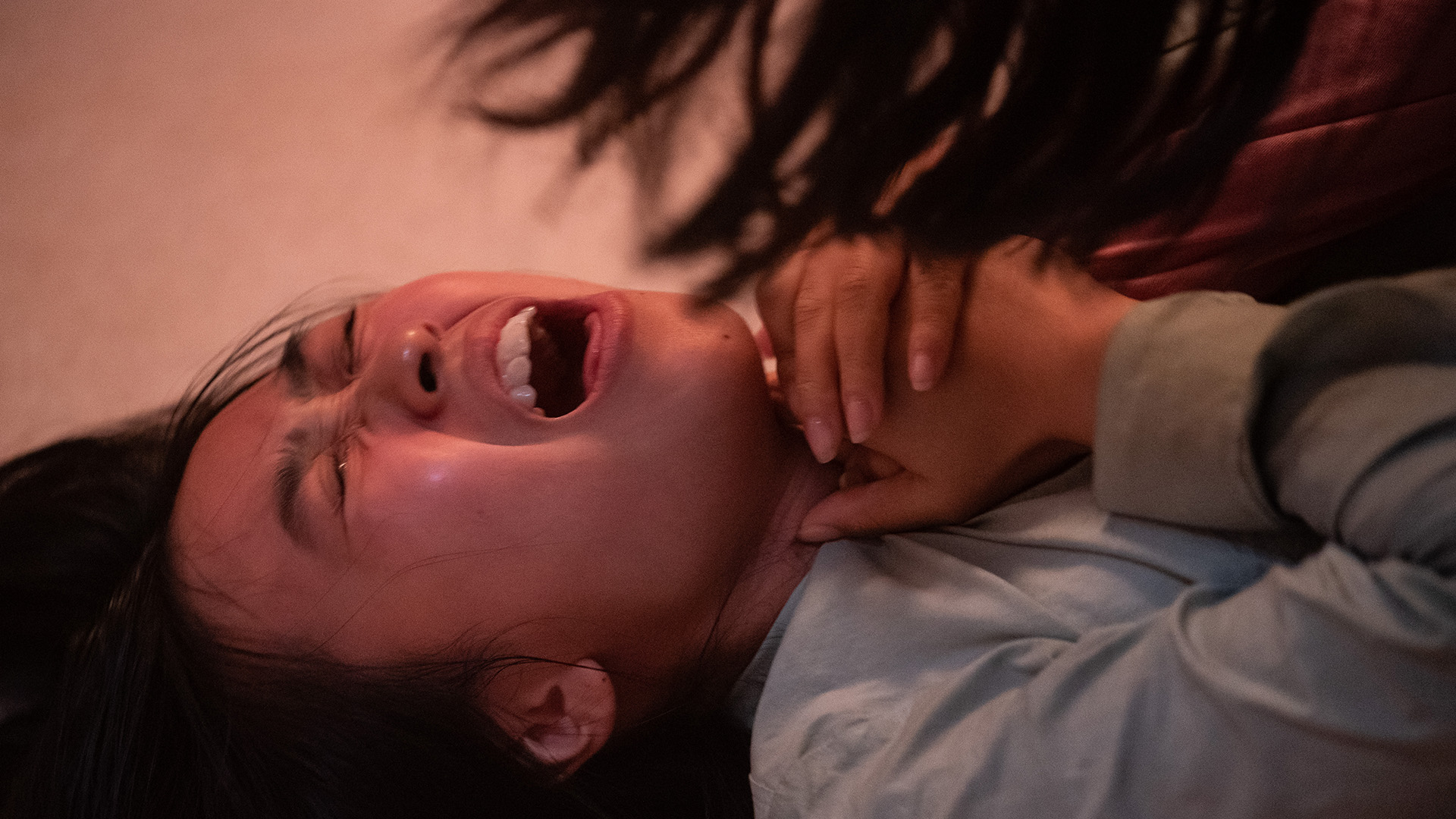
Sun initially just saw a portion of the script, and remembers thinking that the character of Wei was a very quiet and kind of timid girl, and that was something that she herself would sometimes relate to. But upon seeing the full script, she did not expect what unfolds. “I was genuinely shocked each page I was reading,” Sun says. “My eyes were widening. I was like, wow, wow.”
“I was really interested in her story,” Sun continues, and how events that happened to her, they just kept piling up, and she she would reach a point where she could just not handle it. It was really cool seeing the full script. It was something that I did not expect at all, but I loved it.”
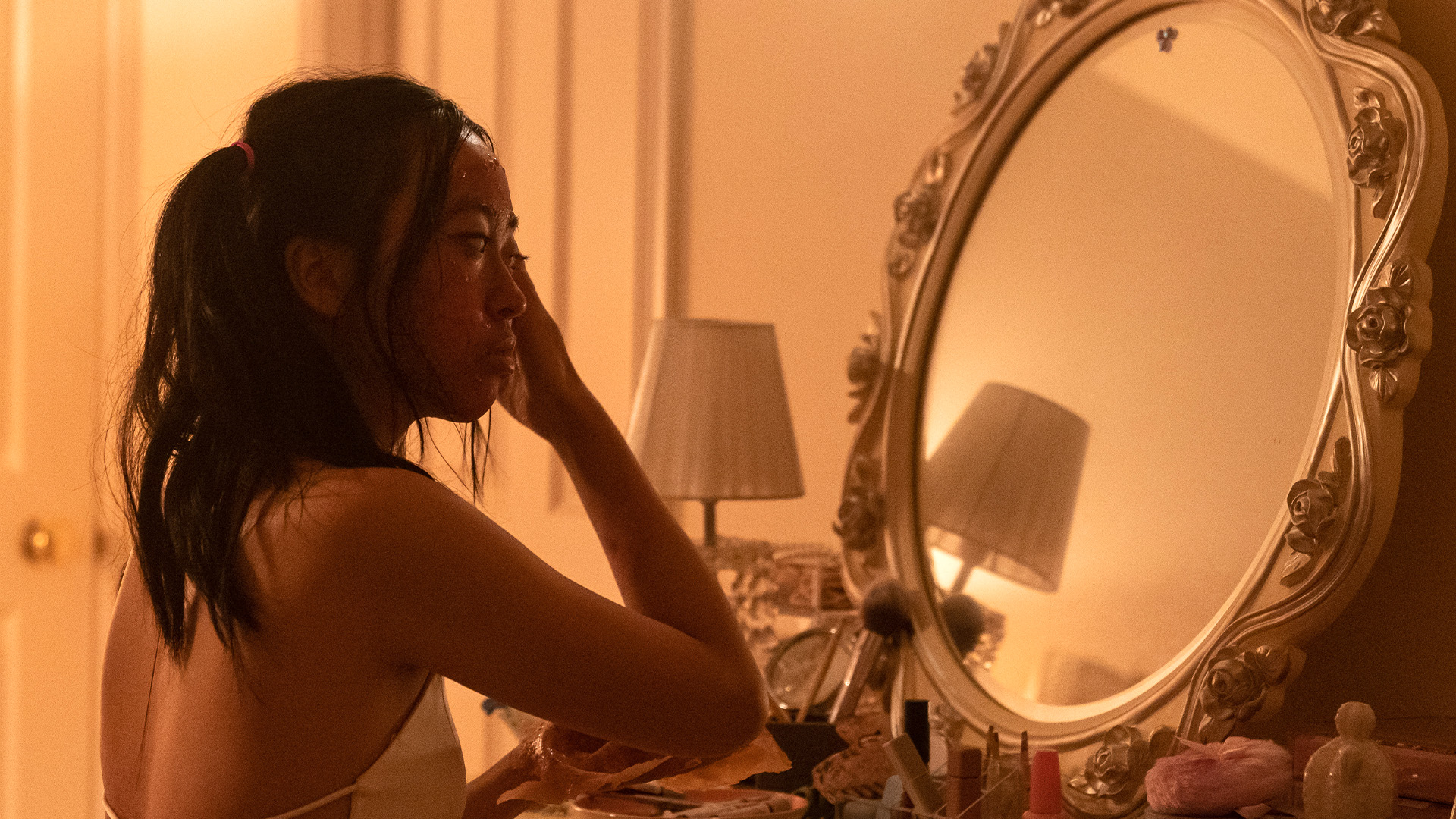
The hope and yearning her character feels for belonging really spoke to Sun. “All she wanted in her life was to be loved, and she never really experienced that in China,” Sun explains. “So when she came to New Zealand, it’s a whole new world with different people, and she would see the people from her magazines in real life, and she just wanted to be them. She wanted to experience what it was like to be loved and accepted.”
Her director agrees about the theme of belonging—and the monsters society makes. “The obsession to fit in, and by what means, that was really important to me,” Rainbow elaborates. “This obsession with beauty, this obsession with the approval of others, this obsession to be wealthy enough, successful enough. I mean, that’s all led to all of our characters’ downfalls. They’re all yearning, you know, for something rather than accepting the qualities they already had. You know, they all would have been fine, but then we wouldn’t have a movie, right?!”
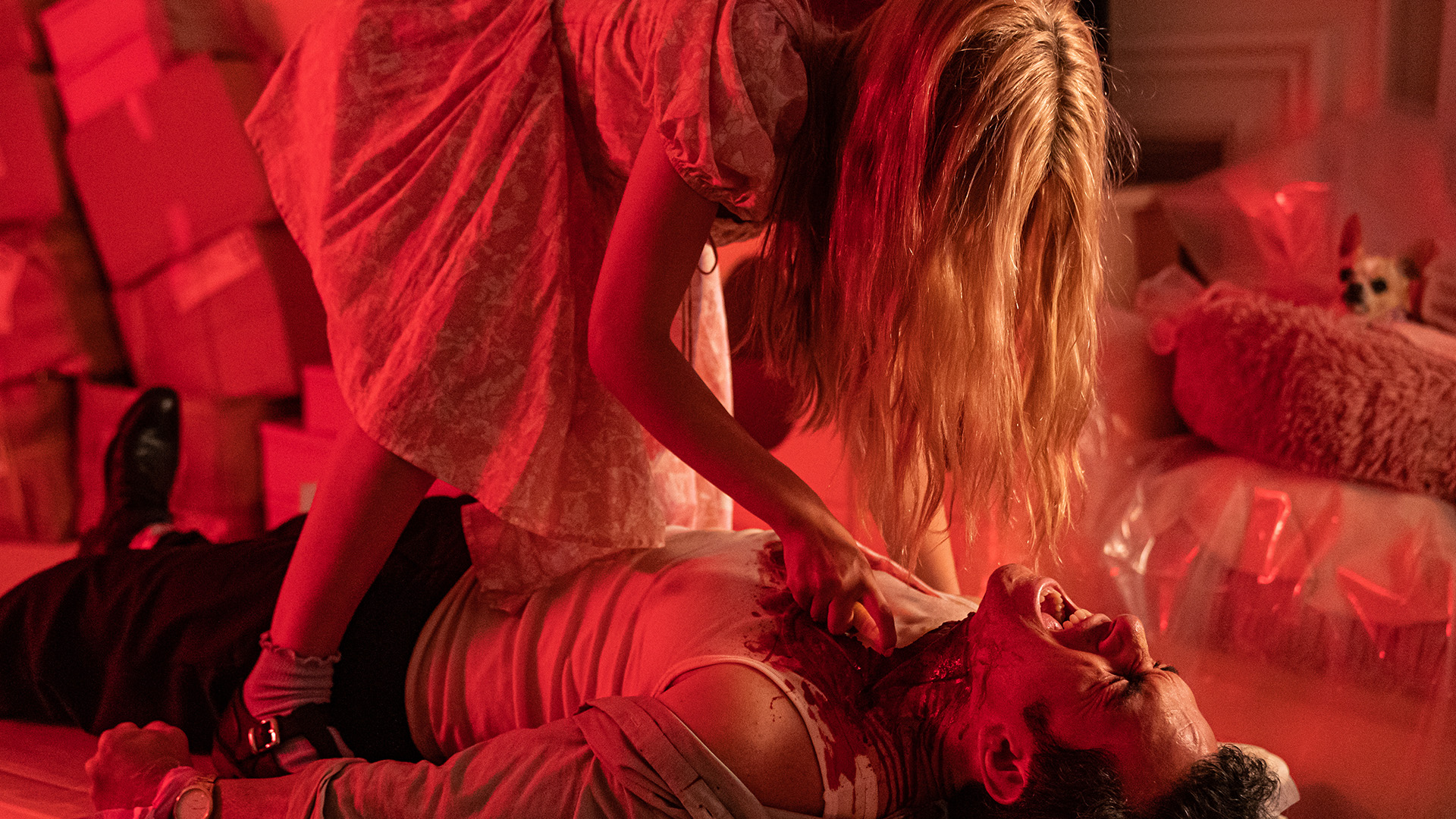
Grafted‘s a movie that, somewhat uncommonly, is a genre film that’s also a women-led production about women. I asked the film’s director and star if they found anything especially interesting to comment on about gender and genre.
“I’d say I’ve been pretty lucky with all my film experience,” Sun offers. “I’ve always gotten to work with female directors, and it’s great because you have the compassion and just the love they put into their work. With this film, Sasha gave me so much freedom with what I felt Wei needed, and what I felt was Wei in that moment, she always gave me the opportunity to put my own kind of energy and love into it.”
“It was such a fun experience, because there was not one day that I didn’t enjoy myself,” Sun continues. “If I was feeling kind of stressed or pressured, the women in our group and everyone would just make sure that there was enough support going around, and the love they put into the work—it’s just amazing.”
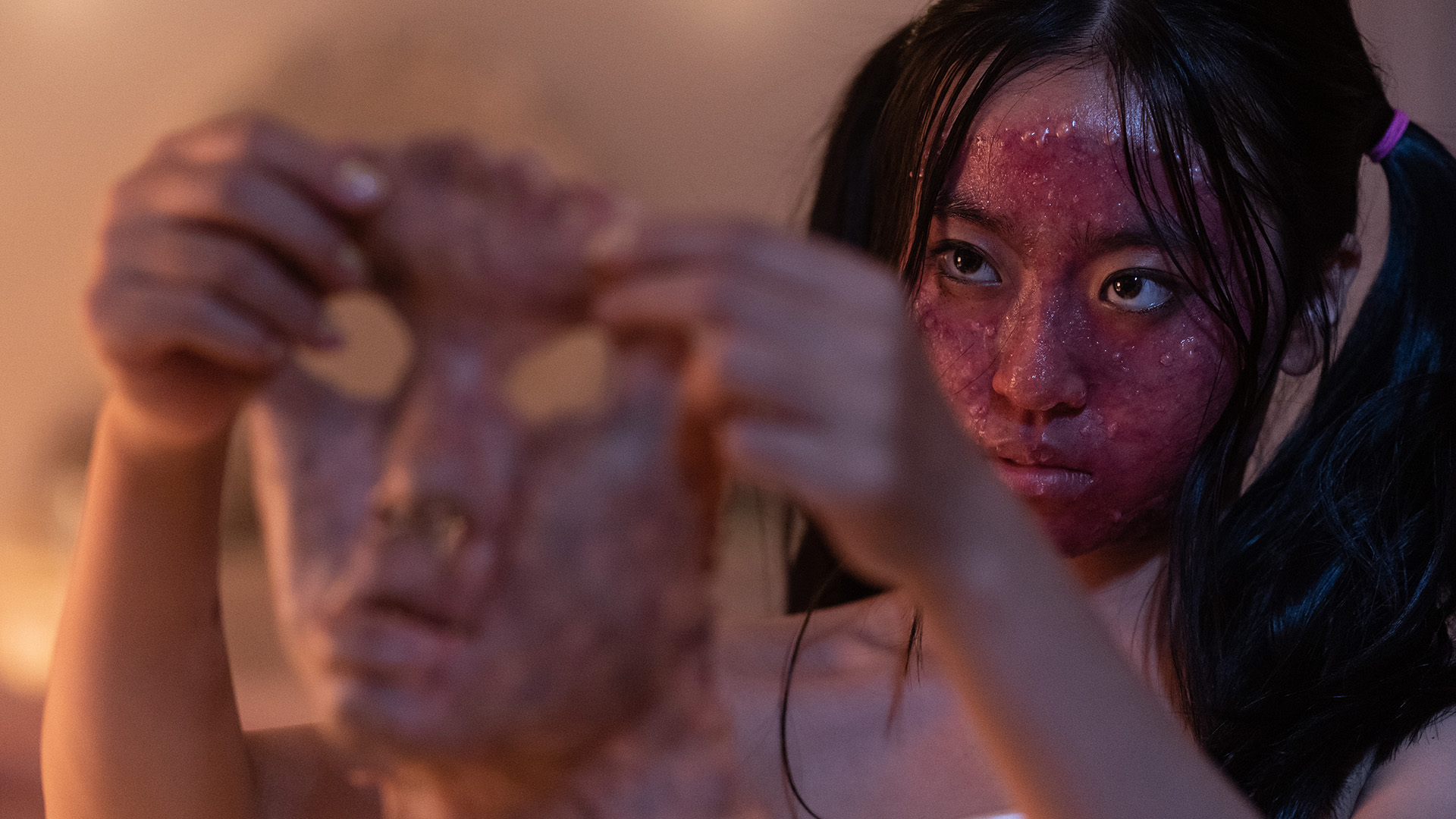
Reflecting on the question, Rainbow mentions the confidence they got to have with the female-led story: “The fact that, you know, we understand the subject matter that we’re talking about, you know, on all these different levels. And we might not in one area, but there’ll be someone there who does, you know? So I think that that was all very conscientious, but, yeah, otherwise, it’s always a hard, hard question to answer—because I’m like, I don’t know what it is exactly like to be a man…”
Maybe it’s a funny question to ask, I suggest.
“It’s a relevant one,” Rainbow replies. “I think only 7% in the world are female directors, so it’s a small amount. And for it to be a female-led story written by women, and to be main characters, it was really, really cool. And cool that it was such a interesting, fun, mental, horrific, crazy, bombastic story. Everyone was able to be gory and gritty and gross and angry and wild. You know, that was fun. I think we all got a lot out of out of that.”
INTERVIEW EDITED FOR LENGTH AND CLARITY









